
views
New Delhi: The Delhi High Court bail to JNU Students Union president Kanhaiya Kumar in a sedition case has once again attracting sharp reactions from both sides. While pro-Kanhaiya Kumar parties, organisations and his supporters are describing it as a huge victory and a clean chit to young man, those are opposed to him are calling it just a temporary reprieve and not a clean chit.
But the reality speaks of a different situation. Both the sides have some valid points, even though nothing is absolute. Granting him a conditional bail, the Delhi High Court Delhi High Court judge Justice Pratibha Rani set many conditions.
It has asked him not to indulge in any anti-national activities and urged him to prevent anti-national activities at the JNU in his capacity as the students union president. It has also expressed serious concerns over the events took place at the JNU.
According to legal matters website www.barandbench.com the interim bail for six months comes with several riders to Kanhaiya Kumar. After reserving its orders on Monday, the court kept the entire media contingent on tenterhooks for nearly three hours on Wednesday. Kumar will have to furnish a personal bond of Rs 10,000, as well as an undertaking that he would not participate, “actively or passively in any activity which may be termed as anti-national.”
While granting bail, the 23-page order makes a number of interesting observations, some of which are listed below.
1. On the limits of Freedom of Speech (Para 39 & 41)
“While dealing with the bail application of the petitioner, it has to be kept in mind by all concerned that they are enjoying this freedom [of speech] only because our borders are guarded by our armed and paramilitary forces.”
“Suffice it to note that such persons enjoy the freedom to raise such slogans in the comfort of University Campus but without realising that they are in this safe environment because our forces are there at the battle field situated at the highest altitude of the world where even the oxygen is so scarce that those who are shouting anti-national slogans holding posters of Afzal Guru and Maqbool Bhatt close to their chest honoring their martyrdom, may not be even able to withstand those conditions for an hour even.”
2. On the “kind of infection” that needs to be controlled (Paras 47-49)
The thoughts reflected in the slogans raised by some of the students of JNU who organized and participated in that programme cannot be claimed to be protected as fundamental right to freedom of speech and expression. I consider this as a kind of infection from which such students are suffering which needs to be controlled/cured before it becomes an epidemic.
Whenever some infection is spread in a limb, effort is made to cure the same by giving antibiotics orally and if that does not work, by following second line of treatment. Sometimes it may require surgical intervention also. However, if the infection results in infecting the limb to the extent that it becomes gangrene, amputation is the only treatment.
49. During the period spent by the petitioner in judicial custody, he might have introspected about the events that had taken place. To enable him to remain in the main stream, at present I am inclined to provide conservative method of treatment.
3. On JNU and the season of spring (Para 2)
Spring season is a time when nature becomes green and flower blooms in all colours. This spring why the colour of peace is eluding the prestigious Jawaharlal Nehru University (JNU) situated in the heart of Delhi needs to be answered by its students, faculty members and those managing the affairs of this national university.
However, senior advocate of the Supreme Court Mohan V Katarki calls it a victory for the pro-Kanhaiya brigade. He says with this bail, for all practical purposes, the case against Kanhaiya has been lost by the prosecution. “The liberal democrats whom the fascists taunt as sickular have succeeded in convincing Delhi HC for grant of bail to Kanhaiya Kumar, the JNU student charged for the high crime of sedition.”
“The charge of sedition under Indian Penal Code Section 124A besides being unsustainable was not supported by any prima facie evidence. Among the 17 eye witnesses, just a few appear to have supported the allegation of Kanhaiya having raised anti-national slogans. But, the video which went viral triggering a national crisis was not available for corroborating these few police witnesses. It was obviously a doctored video. On the other hand, the true video of Kanhaiya shared by lakhs of Indians clearly showed that the context of his speech was only against Nagpur. He did not challenge much less by urging violence, the supreme authority vested in Rajpath at New Delhi. Therefore, bail to Kanhaiya is fully justified. With this bail, for all practical purposes, the case against Kanhaiya is lost by the prosecution. Delhi Police instead of sulking should take this lesson and stand up against the unwarranted interference of MHA in its functioning,” added Katarki.
In the meantime a magisterial inquiry ordered by the Delhi government also almost gives a clean chit to Kanhaiya and praises the Delhi Police for maintaining law and order. It comes to a conclusion that there is no evidence to prove that he made anti-national speeches. According to some sources the Delhi government is exploring options to file a criminal case against some media houses for allegedly tampering with a set of video clippings of the controversial Jawaharlal Nehru University event involving JNUSU president Kanhaiya Kumar. The government is convinced that the JNU incident cannot be a sedition case.
The ABVP which actually first filed a case against Kanhaiya Kumar still maintains that his bail has come with many riders and the Delhi High Court has not absolved him of any charges. It looks like in the end nobody has lost and nobody has gained.










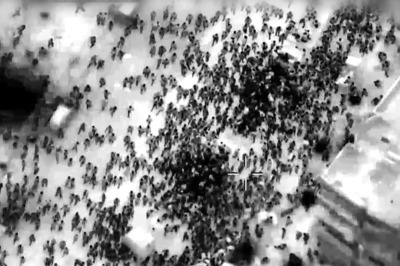
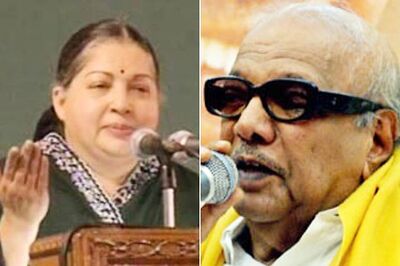

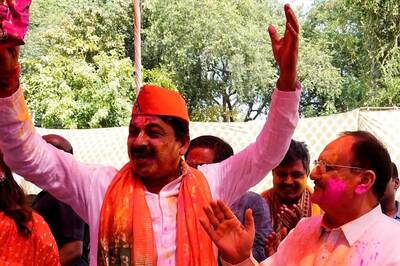
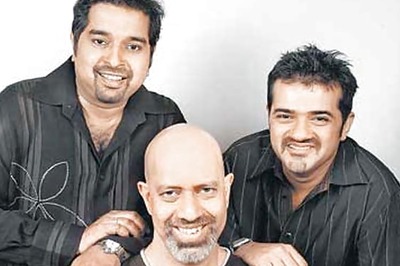



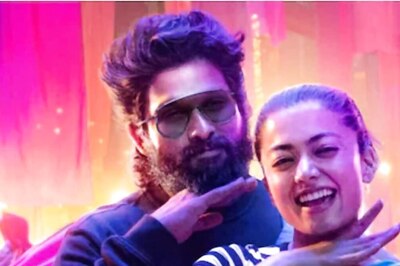

Comments
0 comment